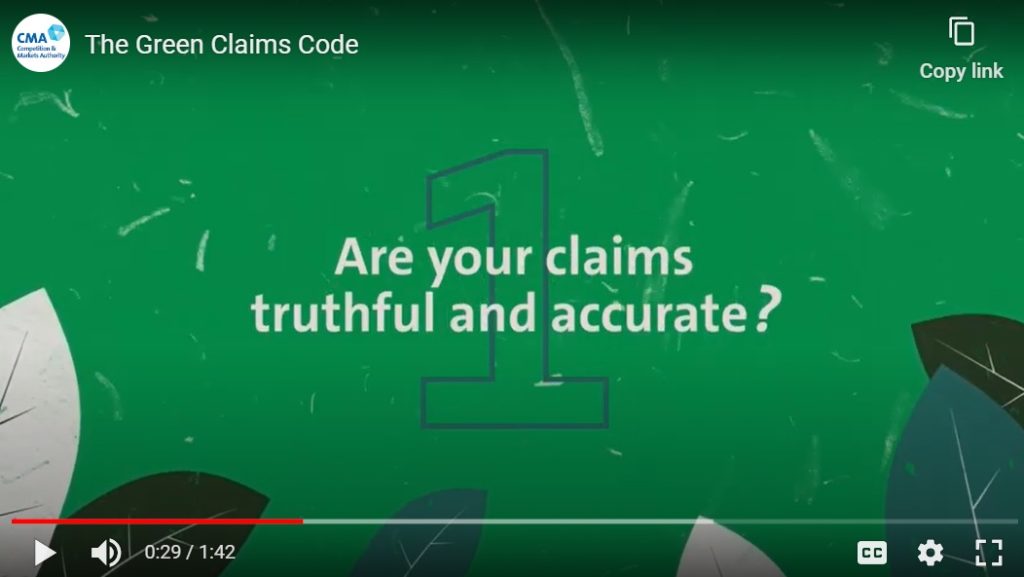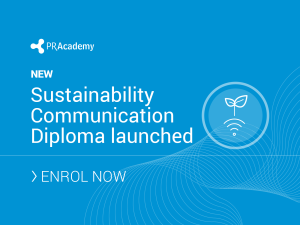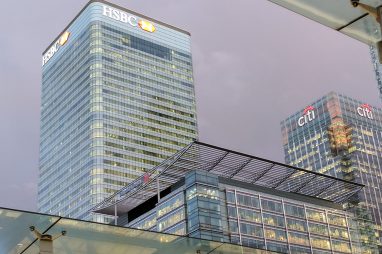Don’t let sustainability be your next crisis
The recently-published proposed EU Directive on Green Claims would require organisations to ensure all environmental-related credentials were supported by recognised, scientific evidence. And these claims will need to be verified by an independent scientific verifier.

Study the CIPR Sustainability Communication Diploma with PR Academy
If you’d like to lead and advise on sustainability communication with confidence based on sound knowledge, our CIPR Specialist Diploma in Sustainability Communication is for you.
Enrol before 5 June 2023 and save £200 on tuition.
We’d love you to join us.





